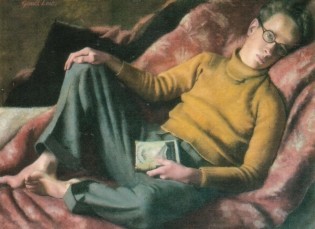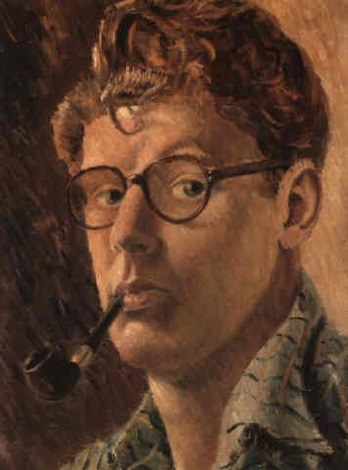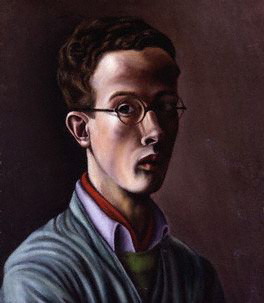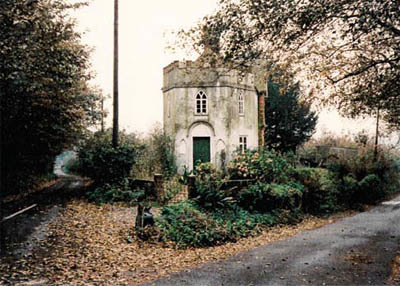What do you think?
Rate this book


192 pages, Hardcover
First published February 1, 1945
All round the room his family and the school authorities were prowling like wild beasts. They had long teeth and claws like the mad Nebuchadnezzar; but they were powerless; for the door had double Yale padlocks and four bolts, and the windows bullet-proof glass.





